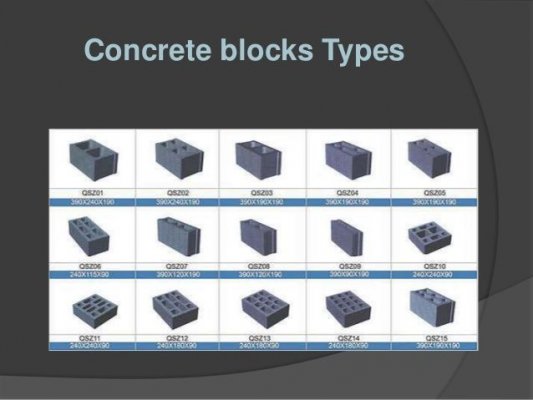Itascajoe
Active member
- Joined
- Nov 15, 2017
- Posts
- 26
Looking for some advice: I have a Itasca Meridian that I park in my back yard. I know a cement pad would be the best but what about gravel? It would be much cheaper and I think if I ever sell my house it would be much easier to remove. Thanks.

